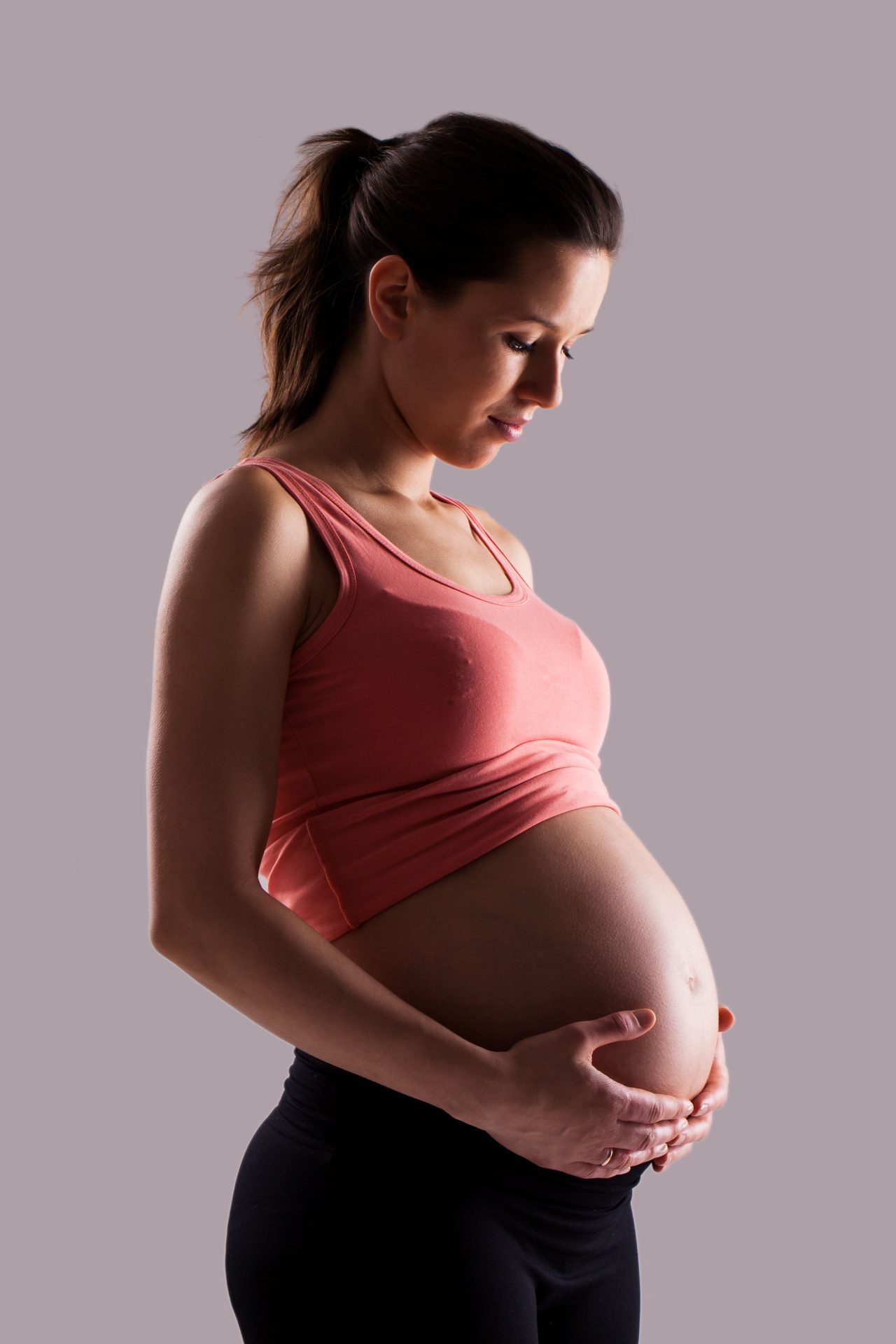Pelvic floor
Pelvic floor assessment
During the initial consultation, we will carry out an examination of the entire ALPP Complex (Abdomino-Lumbo-Pelvic-Perineal Complex) using the following methods:
We assess the functionality of the abdominal wall and the management of intra-abdominal pressure during exertion.
Visual and palpatory analysis of the perineal structures, as well as their activation in response to various everyday exertions.
Aimed at visually assessing and retraining the various structures involved in abdominopelvic stability and function.
Your pregnancy in good hands
Assessment and preparation of both the perineum and the birth canal
Perineal massage: to increase tissue flexibility in preparation for the pushing stage
Cervical pain and cervicobrachialgia
Muscle contractures
Oedema
Lower back pain and lumbosciatica
Plantar fasciitis
Pelvic floor and abdominal assessment
Scars (caesarean/tear/episiotomy): These must be assessed and treated to prevent myofascial adhesions that may limit the proper function of the ALPP Complex.
Abdominal diastasis: Separation of the abdominal rectus muscles that does not return to its pre-pregnancy state and results in abdominal dysfunction.
Urinary / faecal incontinence
Dyspareunia
Dysmenorrhoea
Mastitis: Inflammation of breast tissue that may be accompanied by infection and causes pain, swelling, warmth, and redness of the breasts.
Any type of leakage of urine, faeces and/or gas—whether occasional or continuous—indicates some form of dysfunction within the pelvic-perineal system that should be assessed and treated through specialised pelvic floor physiotherapy.
Incompetence of the ligamentous and muscular support structures of the pelvic organs, resulting in their descent—and in some cases, protrusion—through the vaginal or rectal opening.
Cystocele: Bladder prolapse
Enterocele: Prolapse of the intestinal loops
Uterine prolapse (Hysterocele): Prolapse of the uterus
Rectocele: Rectal prolapse
Constipation
Fissures
Haemorrhoids

